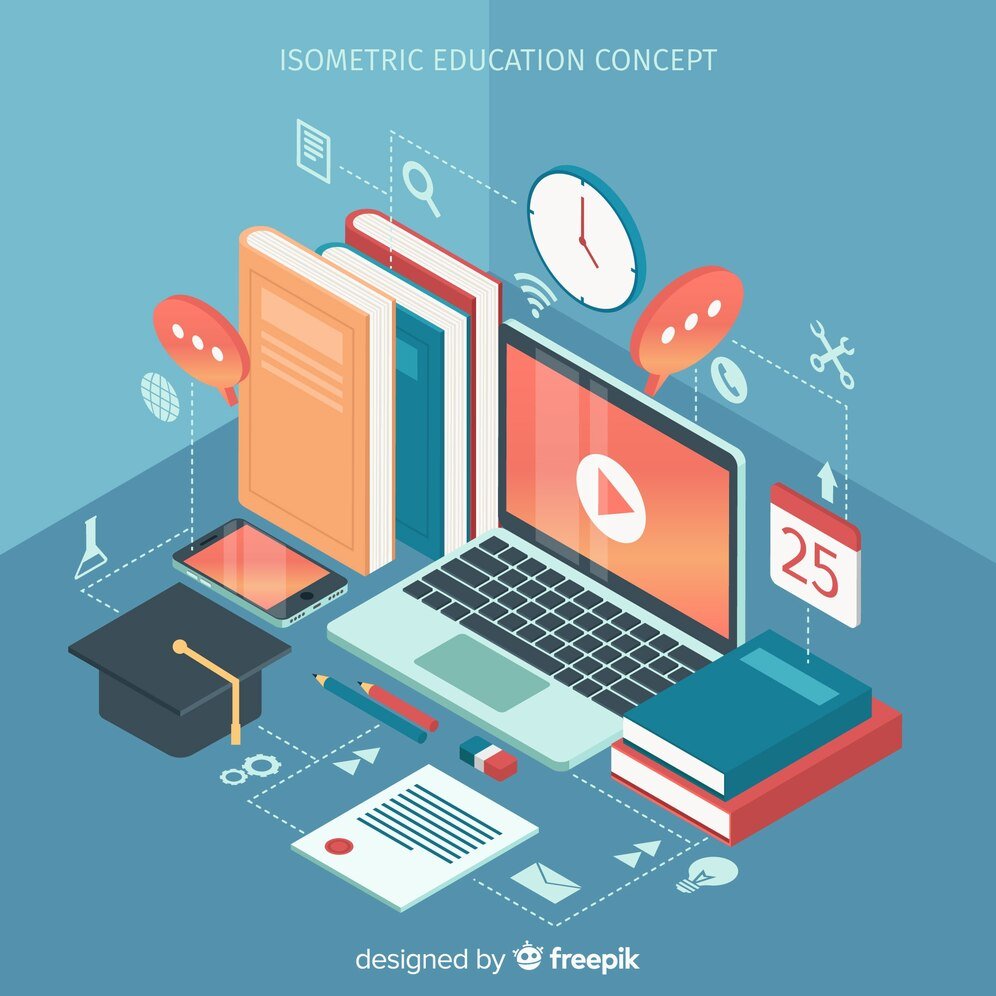
Abstract:
This article explores the potential of artificial intelligence (AI) in revolutionizing the grading and assessment process in education. It delves into the benefits, challenges, and ethical considerations associated with AI-powered grading systems. By examining current advancements and future possibilities, this article presents a comprehensive analysis of how AI can reshape the landscape of evaluation in education.
Introduction:
Grading and assessment are fundamental components of education, providing feedback to students, evaluating their progress, and guiding instructional practices. However, traditional grading methods can be time-consuming, subjective, and prone to bias. As technology advances, the integration of artificial intelligence (AI) in grading and assessment holds immense potential to address these challenges. This article explores the future prospects and implications of using AI to transform the grading process in education.
Benefits of AI-powered Grading:
AI-powered grading systems offer several advantages over traditional methods. Firstly, they provide efficiency and scalability, enabling educators to assess a large volume of assignments and exams within a shorter timeframe. By automating routine grading tasks, educators can focus more on providing personalized feedback and engaging with students. Additionally, AI can facilitate standardized grading criteria, reducing subjectivity and ensuring consistency across assessments.
Moreover, AI-powered grading systems have the potential to enhance objectivity and fairness. By analyzing patterns and utilizing machine learning algorithms, AI can minimize bias and discriminatory practices in grading. This promotes equal opportunities for all students, regardless of their background or characteristics. Furthermore, AI can provide timely feedback to students, enabling them to reflect on their performance and make improvements.
Challenges and Ethical Considerations:
While the future of grading with AI holds immense promise, it is crucial to address the challenges and ethical considerations associated with its implementation. One significant concern is the potential for perpetuating algorithmic biases. If the AI models are trained on biased data, they may reproduce and amplify existing inequities. Therefore, careful data selection, diverse training sets, and continuous monitoring are essential to mitigate bias and ensure fairness.
Furthermore, there is a need for transparency and explainability in AI-powered grading systems. Students and educators should understand how the algorithms work and the criteria used for assessment. This transparency helps build trust and fosters a collaborative learning environment.
Another challenge is balancing the benefits of efficiency and scalability with the need for human judgment and contextual understanding. While AI can streamline grading processes, it may struggle to capture the nuances and creativity in subjective assignments. Therefore, a hybrid approach that combines AI-based automation with human evaluation and expertise may be necessary to strike the right balance.
The Future Possibilities:
Looking ahead, the future of grading and assessment with AI is filled with exciting possibilities. Advanced natural language processing algorithms can enable AI systems to evaluate complex written assignments, including essays and research papers. AI can also provide personalized feedback tailored to each student’s needs, helping them identify their strengths and areas for improvement.
Furthermore, AI can facilitate competency-based assessment, focusing on the mastery of specific skills rather than traditional letter grades. Adaptive learning platforms powered by AI can create individualized learning pathways for students, tracking their progress and providing targeted interventions. This approach fosters a learner-centric environment and promotes self-paced learning.
Integrating AI in grading and assessment can also foster a more holistic evaluation of student performance. AI systems can provide a comprehensive picture of student’s capabilities and potential by analyzing various data points, including academic achievements, extracurricular activities, and social-emotional skills.
Conclusion:
The future of grading and assessment with AI presents a transformative opportunity for education. AI-powered systems offer efficiency, scalability, objectivity, and personalized feedback. However, it is vital to navigate the associated challenges and ethical considerations. Through careful design, transparency, and human oversight, AI can revolutionize the grading process.
Good
Thank you 🙏
The eloquence power of this article writer is marvelous. But I think some graphical presentations can add more intensive observation regarding this matter.